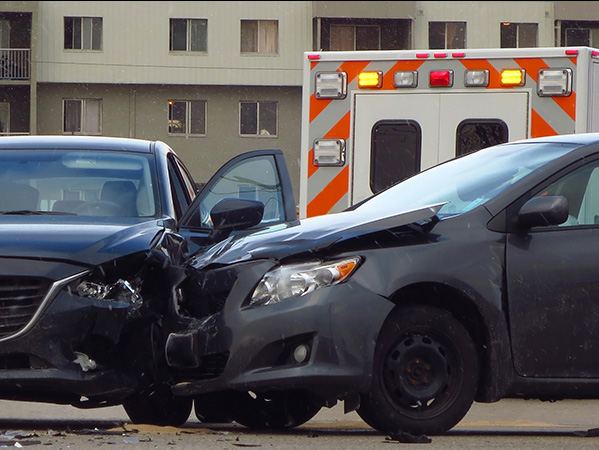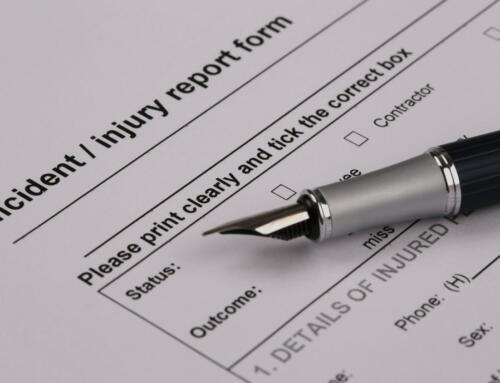When purchasing auto insurance in Pennsylvania, there are many important factors to consider. One of the most important is whether to choose full or limited tort.
Your tort selection controls whether you can recover damages from the other parties at fault in an auto accident. In Pennsylvania, a no-fault insurance state where all drivers must have car insurance, drivers can get cheaper car insurance policies that restrict their ability to sue for non-economic damages, specifically for “pain and suffering.” This is call limited tort, while the alternative is full tort.
Damages covered with full tort insurance can include:
- Vehicle damage
- Medical bills
- Pain and suffering
- Lost wages
- Potential future costs
Limited vs. Full Tort Insurance
Tort is a confusing legal term that can be explained simply by changing the word “tort” to “rights.” Full tort means you have full rights to recover money for pain and suffering from the person at fault in the accident.
If you chose a limited tort policy, you are limiting your right to recover money for pain and suffering, or non-economic damages. For example, perhaps you are a person who likes to run for exercise and you are in an accident which causes a soft-tissue injury that can’t be seen by x-ray, or MRI. The injury prevents you from running for a period of time. Perhaps you miss a race or two that you had been training for. If you have limited tort insurance, you may be precluded from claiming a financial recovery for pain and suffering caused by the negligent driver.
A limited tort policy is cheaper but only allows a person to sue for damages for extremely serious injuries. The injury threshold is very high, mainly including death, permanent disfigurement, serious impairment of bodily function, and dismemberment. Other exceptions which automatically allow you to make a claim include:
- Persons who are injured by a drunk driver
- Persons who are injured by someone operating an out-of-state vehicle
- Persons who are injured by someone without insurance
- Persons who are injured by someone who intended to cause injuries
Limited tort is “penny wise but pound foolish”. In a ten-year period, you may save money but the chance that you get into an accident during that period is statistically high. Therefore, full tort insurance will help you recover more money in damages than you would save by purchasing limited tort insurance. Full tort will give you the chance to recover financially for all of the damages that can occur in a car accident.
Tort Insurance Affects a Household of Drivers
Tort insurance not only applies to the owner of the vehicle but to everyone in your household. That means any family member who resides with the owner will be under the same tort insurance even if the owner or family member is a passenger in another vehicle. In other words, your insurance follows you, not the automobile.
Limited tort is a method for insurance companies to increase profits. By limiting your financial recovery benefits, you are limiting the money an insurance company would pay out if you had an automobile accident and full tort insurance. You’re ultimately costing yourself.
I always recommend a full tort policy. By the time you need it, you’ll be happy you have it. Read the fine print and chose carefully. I’m always available to read over your policy. I’m here to help. If you have questions, call or email me.







